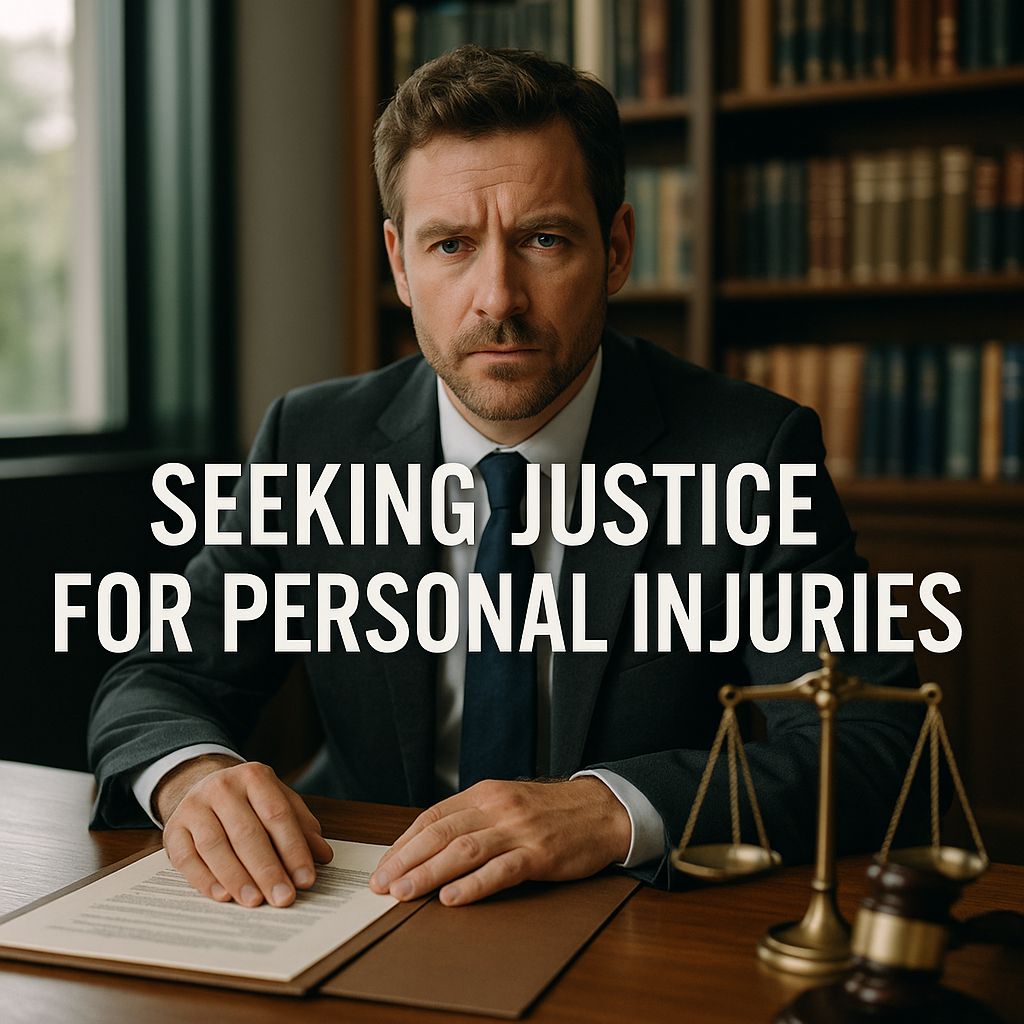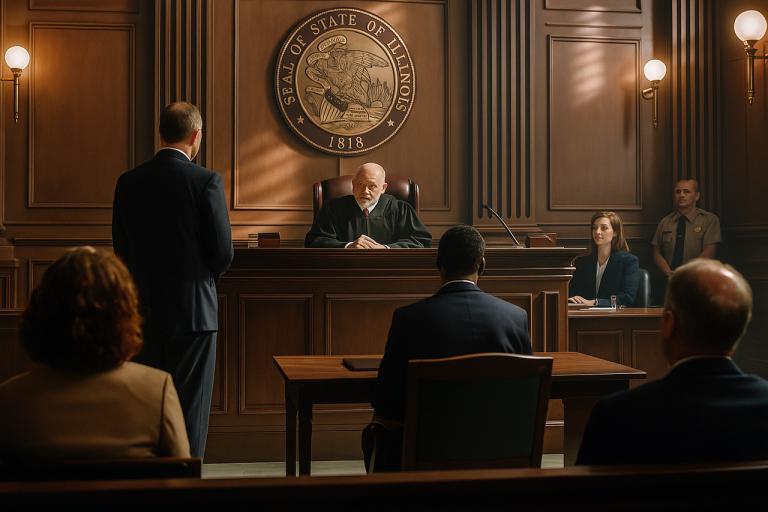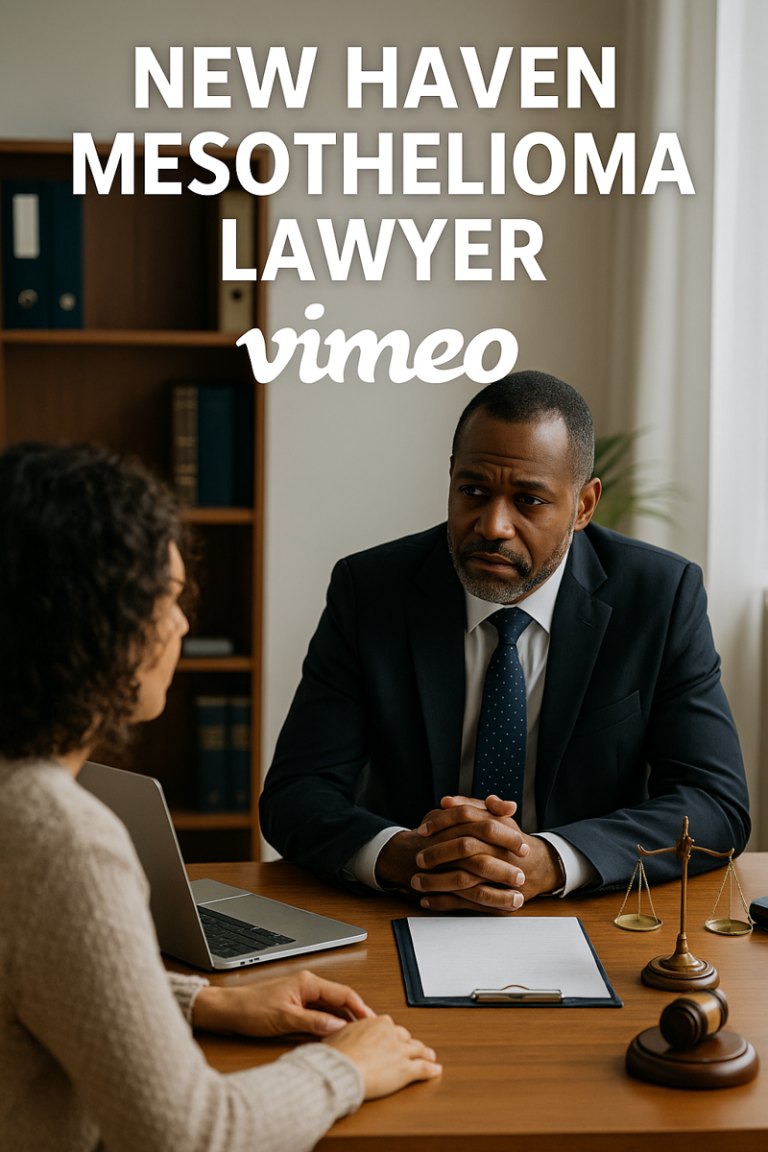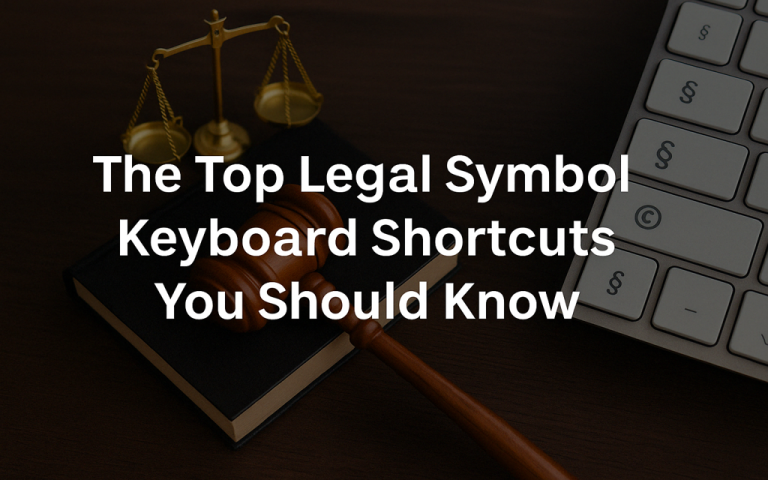Personal injuries affect you emotionally, financially, and physically. Examples of injuries include auto crashes, wrongful medical actions, hazardous workplaces, etc. No matter how you sustained your injuries, all people deserve to be treated fairly and provided legal protection. Seeking justice for personal injuries, mainulas.my.id offers victims the knowledge and tools to take action. If you have been affected by others’ actions, you are entitled to compensation! Depending on the severity of your injury, you may claim for medical bills, lost wages, and even emotional distress.
This article will provide valuable information about how the legal process works, why it is important that you get a lawyer and ways you can build a solid case. Questions will include how mainulas.my.id can assist injured victims at every step. Most importantly, the article helps you understand that you do not have to do this alone. You can take charge of your life and situation by understanding your rights and the legal implications of your options. Hopefully, you will follow the steps outlined and hold the responsible party accountable for your losses.
What Are Personal Injury Cases?
Understanding what a personal injury case is the first step towards getting justice. Personal injury cases involve way more than bodily injury. They pertain to financial damages, emotional distress, and changes to life due to an act committed by a person or entity. Personal injury cases comprise personal harm in which a person commits negligent acts or wrongful conduct. Both physical and emotional harm can happen in these cases.
The victim has to prove that someone else acted carelessly. The victim also has to prove how that careless conduct caused harm to the victim. If the person finds evidence that someone caused harm because of the other’s carelessness, that person may be compensated to some extent for his or her damages. Damages in injury cases to pay for financial losses and the emotional suffering they caused the person’s harmed body. Most of these cases are handled through an insurance claim or lawsuit. The lawyer can help with understanding the legal terminology, deadlines, and common mistakes to avoid. They also assist with protecting their clients’ rights during negotiation or trial.
Common Types of Personal Injuries
There are many categories of personal injuries that warrant the use of a different legal strategy; and it helps to understand the categories so you can understand how your case may be fitted. Below are the most common personal injuries that end up in litigation:
- Car accidents – caused by distracted driving, drunk driving, or speeding just to name a few. Often times they result in whiplash, traumatic brain injuries and fractures.
- Slip and fall – because of wet floors, broken sidewalks or stairs, or poor lighting. These incidents typically happen in public places or on private property.
- Workplace injuries – due to equipment failure, lack of training, or unsafe conditions. Workplace injuries can end up with a chronic condition or disability.
- Medical malpractice – occurs when someone fails to diagnose a condition, provides the wrong treatment or performs surgery and causes damage. Unfortunately, we see patients suffering the long-term effects of negligence.
- Product liability – any harm caused to a consumer because of defective products. This could include faulty appliances, drugs with toxic side effects, mislabeled products.
- Animal attacks – often used to refer to unprovoked “dog bites” which can cause infection, scarring or trauma.
- Assault or violence – situations which purposely harm another identifiable person thus resulting in injuries. These legal claims may involve criminal and civil action.
Each injury type has different legal procedures. A qualified lawyer can guide you through the process that applies to your situation.
Why You Need a Personal Injury Lawyer
A personal injury lawyer dramatically improves your chances of a favorable outcome. If you proceed without legal guidance, you may make costly mistakes or face justice delays. Handling a personal injury claim without legal help weakens your position. Insurance companies often push quick settlements that fail to cover all your damages.
Here’s how a personal injury lawyer helps you:
- Accurately calculates what your case is worth – considering both present and future costs.
- Collects evidence to support your claim – including reports, photos, and expert testimonies.
- Manages all legal documents and deadlines – so you avoid procedural errors.
- Negotiates with insurance companies for fair compensation – preventing lowball offers.
- Prepares your case for court if needed – giving you strong representation during trial.
Lawyers understand how to counter insurance tactics and fight for your rights. They also reduce your stress so you can focus on healing.
How to Choose the Right Lawyer
Choosing the right lawyer ensures you have the best support for your case. Not all lawyers are equally experienced in personal injury law, so selection matters.
The right lawyer can make or break your case. Here’s what to look for:
- Experience: Choose a lawyer who specializes in personal injury law and has handled similar cases.
- Reviews: Read testimonials to understand client satisfaction and case outcomes.
- Communication: A good lawyer will listen, answer questions, and explain clearly throughout the process.
- Fees: Most lawyers work on contingency—you pay only if you win.
- Passion: Your lawyer should be committed to justice and fairness, not just making money.
Schedule a consultation before deciding. Ask questions and see how they respond. You want someone you trust with your future.
Steps to Seeking justice for personal injuries mainulas.my.id
Seeking justice involves more than filing a form. You must take the right steps, stay organized, and act on time. Here’s how the process works.
1. Seek Medical Attention
Get treatment immediately. Medical records support your legal claim. Some injuries worsen without early care.
2. Report the Incident
Notify police, property owners, or your employer. Filing a report creates official evidence of what happened.
3. Gather Evidence
Take photos of injuries, damage, and the accident scene. Collect witness information and keep receipts.
4. Consult a Lawyer
Do this early. A lawyer will evaluate your case and explain your legal rights.
5. File a Claim
Your lawyer sends a claim to the insurance company of the party at fault.
6. Negotiate Settlement
Lawyers negotiate with insurers to get fair compensation. Most cases settle before going to court.
7. Litigation (If Needed)
If a fair deal isn’t reached, your lawyer files a lawsuit. The case may go to trial.
Each of these steps strengthens your case and protects your right to fair compensation.
Compensation You May Receive
Understanding the types of compensation helps you know what to expect and how to claim everything you’re entitled to. Compensation depends on your injury, losses, and recovery time. Here’s what you might recover:
| Type of Compensation | Description |
|---|---|
| Medical Expenses | Treatment, therapy, medication, surgery |
| Lost Wages | Income lost from missing work |
| Loss of Earning Capacity | Impact on your future ability to work |
| Pain and Suffering | Physical pain and mental stress |
| Property Damage | If your belongings were damaged |
| Emotional Distress | Anxiety, PTSD, depression |
A lawyer will calculate a fair value for all your damages. Don’t settle for less than you deserve.
Legal Framework: Know Your Rights
The legal system offers protection, but only if you understand and act within its limits. Here’s what you need to know.
Statute of Limitations
You must file a claim within a specific time. In most places, it’s 1–3 years from the date of injury. Missing this deadline means you lose your right to claim.
Proving Negligence
To win, you must prove:
- The other party owed you a duty of care
- They failed in that duty
- Their actions caused your injury
- You suffered real damages
Your lawyer will gather evidence and show how negligence occurred.
Common Challenges in Personal Injury Cases
Even strong cases face obstacles. Understanding them prepares you for what lies ahead and how to respond effectively.
Victims often face the following challenges:
- Proving fault – especially when evidence is unclear or missing.
- Low settlement offers – insurers aim to pay as little as possible, regardless of your suffering.
- Delay tactics – insurance companies may slow the process to pressure you into settling.
- Emotional toll – dealing with pain and legal stress together can be overwhelming.
- Financial pressure – medical bills and income loss hurt your finances during recovery.
Having a strong legal team helps overcome these hurdles.
How to Strengthen Your Case if Seeking justice for personal injuries mainulas.my.id
Taking the right actions early builds a solid foundation. Small details make a big difference in the courtroom or negotiations.
- Document every doctor visit, prescription, and expense – Keep all receipts and medical notes.
- Keep a recovery journal – Describe your symptoms, pain levels, and how the injury affects your life.
- Avoid posting about your injury online – Opposing lawyers may use this to discredit your claim.
- Save emails, texts, or communications – These can show how others responded to the incident.
- Stay in touch with your lawyer – Respond promptly and follow their advice carefully.
Strong evidence and consistent communication are key to success.
Emotional and Financial Recovery
Justice is not just about money. Emotional well-being matters, too. Addressing both creates a full path to healing. Recovery isn’t just about money. Emotional trauma is real. Many victims benefit from counseling or support groups. Fair compensation helps you:
- Pay medical bills without stress
- Cover basic living expenses during recovery
- Access therapy or mental health services
- Replace lost income from missed work
- Regain a sense of control and dignity
Your lawyer helps secure a future where you can heal, recover, and move forward.
How mainulas.my.id Supports Victims
Mainulas.my.id is more than a website. It’s a support system built to educate and empower victims of personal injury.
mainulas.my.id provides:
- Legal guides for every step of your case
- Access to injury lawyers and experts who understand personal injury law
- Tools to evaluate your claim’s worth based on your specific case
- Insights into real cases and verdicts to help manage expectations
- Contact options for free consultations to take action today
Our platform is built to educate and empower victims. You’ll find accurate legal content and support to help you win your case.
Conclusion
Getting hurt because of someone else’s actions is unfair—and you deserve justice. Seeking justice for personal injuries mainulas.my.id is about more than money. It’s about accountability, healing, and securing your future. When you understand your rights, build your case, and get the right legal support, you take back control. You don’t have to face insurance companies or courts alone. A skilled lawyer will guide you, fight for you, and help you get what you deserve.
Let mainulas.my.id be your partner. We provide the tools, knowledge, and expert connections you need. Start by learning, acting, and standing up for yourself. If you or a loved one has suffered from a personal injury, take action today. Don’t wait—justice begins with one informed step. Visit mainulas.my.id and begin your path to recovery now.
FAQs About Justice for Personal Injuries mainulas.my.id
What should I do immediately after a personal injury?
Seek medical help, report the incident, and collect evidence like photos or witness contacts.
Can I still file a claim if I was partly at fault?
Yes. Many jurisdictions follow comparative fault rules that allow partial compensation.
How long do I have to file a personal injury claim?
Statutes vary by state, but it usually ranges from one to three years.
What if the insurance company denies my claim?
You can appeal the denial or take legal action. A lawyer can guide the next steps.
How is compensation calculated?
It considers medical expenses, lost wages, future earning potential, pain, and emotional distress.
Do I need a lawyer for a minor injury?
Even for small injuries, legal advice ensures fair treatment and protects your rights.




